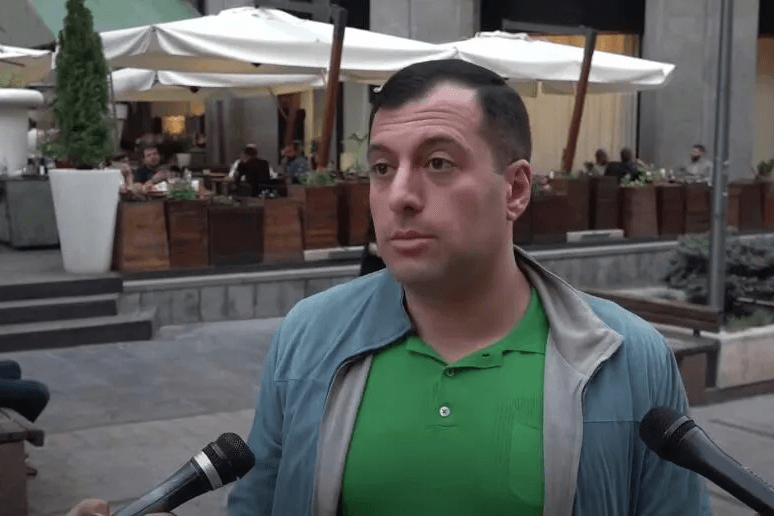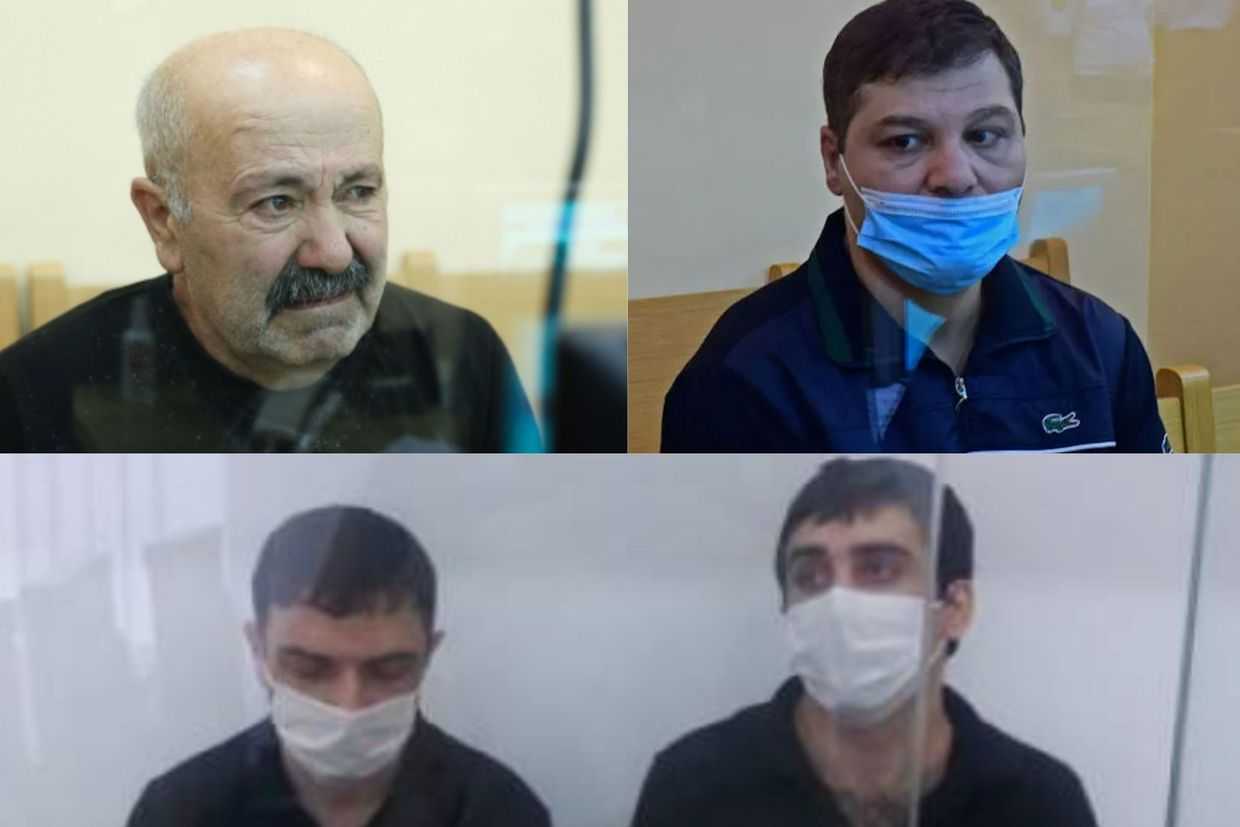Former Nagorno-Karabakh official reportedly commits suicide at Armenian consulate in Russia

Editor’s note: This article has been updated to include more comments from Avagyan before his death.
Boris Avagyan, who previously served as the special envoy to the now-dissolved Nagorno-Karabakh presidency, has been found dead at the Armenian consulate in St. Petersburg. The Russian state-run media outlet RIA Novosti reported, citing local police, that Avagyan likely committed suicide.
The news of Avagyan’s death was reported on 24 September. The Armenian state-run media outlet Armenpress said that Avagyan had come to the consulate to turn himself in and request extradition to Armenia, where he is wanted for illegal border crossing.
According to some reports, Avagyan went into the bathroom at the consulate, where he was then found dead.
The previous day, Avagyan had shown up in court, where he was facing criminal charges of tax evasion. However, during the proceedings, Avagyan reportedly said he ‘needed to smoke’, and fled the courtroom. Prior to his court appearance, Avagyan had made a deal with the Russian Defence Ministry to go fight in the full-scale war in Ukraine as a way to avoid facing criminal consequences, but he reneged on the contract, resulting in the tax evasion case being reopened.
An address from Avagyan surfaced on Wednesday, which was reportedly recorded in the Armenian consulate, in which Avagyan elaborated that he had been wanted in Armenia since February 2022 and stated that he only holds Armenian citizenship.
In the video, Avagyan said that he ‘voluntarily presented’ himself to the consulate, and asked the Armenian authorities to carry out his extradition to Armenia, ‘since I do not avoid extradition, and I want [...] Armenia to carry out criminal prosecution within the limits of the law and I can protect myself in the manner prescribed by law and the constitution’.
He did not provide any details behind his decision to hand himself over on that day, and why he had not done so earlier. Avagyan also did not say anything about his criminal prosecution in Russia.
Without clarifying whether he was referring to Russian or Armenian police, Avagyan claimed that law enforcement authorities could not explain to him why the extradition could not be carried out.
‘The fact is that they want to hand me over to the Russian law enforcement agencies so that my extradition will not take place’, Avagyan said, urging Armenia’s Prosecutor General’s Office to make a decision to send Armenian police officers ‘to carry out my extradition’.
Avagyan had a colourful career that was not short on controversy.
In addition to serving in the government of Nagorno-Karabakh, Avagyan also worked for the Russian government and had a long career as a businessperson.
In 2021, the Armenian media outlet Media.am detailed a list of recent scandals that Avagyan had been involved in, including fights, allegations of corruption, smuggling accusations, and other incidents.
For ease of reading, we choose not to use qualifiers such as ‘de facto’, ‘unrecognised’, or ‘partially recognised’ when discussing institutions or political positions within Abkhazia, Nagorno-Karabakh, and South Ossetia. This does not imply a position on their status.










